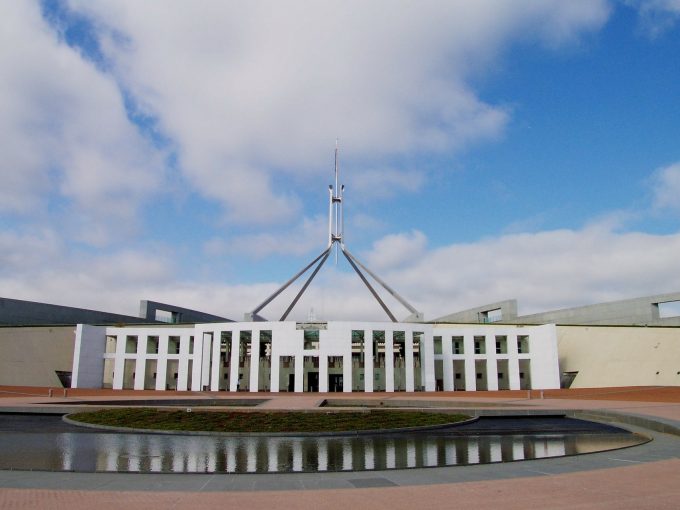A new study led by RMIT researchers calls for stronger coordination between governments on housing policy to better understand the $6 trillion sector’s contributions to national economic productivity.
The report Housing, multi-level governance and economic productivity, published by the Australian Housing Urban Research Institute (AHURI) today, reveals housing is not being treated as a prominent economic or policy area at a federal level, despite its very large national asset value.
Seeking to shed on light on how economic policy instruments have significant housing effects without necessarily being housing oriented, RMIT researchers investigated how Australia’s current housing policy intersects with economic processes and productivity.
Lead author Professor Jago Dodson, Director of the RMIT Centre for Urban Research says that recent economic and financial policy statements that consider housing as a major feature of the national economy include limited analytical attention to productivity questions.
“Our research suggests that there is an underdeveloped understanding within government of the role of the housing system in supporting improved national economic productivity,” Dodson said.
“Given the scale of the housing sector, the disconnect between economic scale and policy attention seems to be a major lacuna within Australia’s policy architecture.
“The lack of clear and sustained government attention to housing poses risks of policy fragmentation, politicisation and ad hoc short-term results.”
Supporting AHURI’s wider inquiry into housing policies, labour force participation and economic growth, the study reviews the current state of housing policy-making in Australia, and constructs a framework to integrate housing policy with economic processes.
After testing their frameworks with focus groups, Dodson says the research team found that there is a need to grow an understanding of how housing contributes to economic productivity both among the general public, as well as the policy community.
“Our key recommendation is the formation of a clearly identified housing policy capability within the Federal government to strengthen policy treatment of housing to support Australia’s economic productivity,” he said.
“Measures taken to achieve this could be a dedicated Housing Minister; establishing of a stronger dedicated housing policy agency; regular housing social and economic impact statement requirements; or a national review of housing policy within the Federation.
“Without a coherent analytical and policy framework for housing, we can’t have informed debates about housing and economic policy interactions, particularly in relation to future housing and economic dynamics.”
Story: Chanel Bearder





